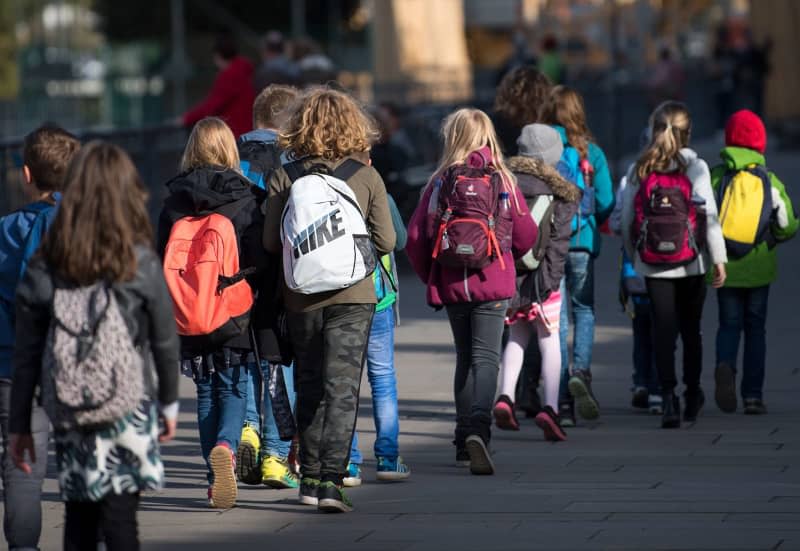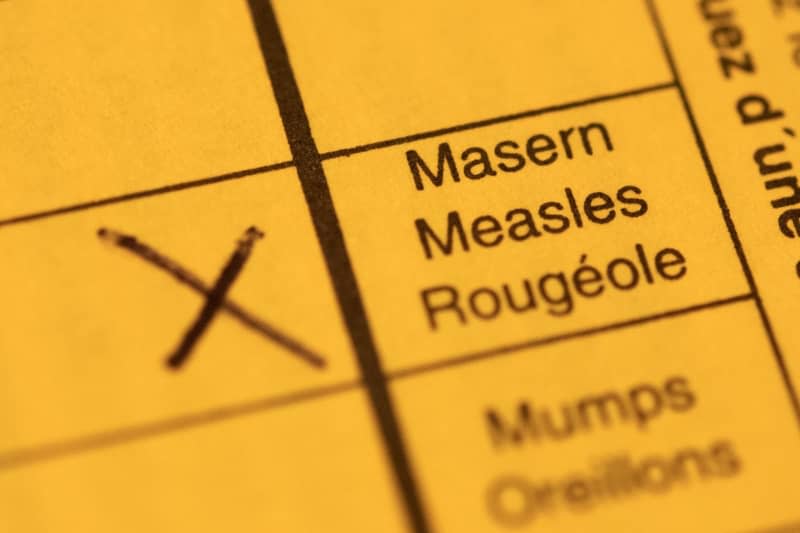WHO issues fresh warning over rise of measles in Europe

The World Health Organisation (WHO) has issued a fresh warning over measles after a 30-fold rise in cases across Europe.
Experts from the organisation said Europe is seeing an “alarming rise” in the spread of the disease, which has “accelerated in recent months”.
Despite vaccinations being seen as one of humanity's greatest achievements in efforts to save lives, measles cases continue to surge as health officials across Europe struggle to convince anti-vaccine parents to get their children immunized.
More than 30,000 cases were reported by 40 of the region’s 53 member states between January and October last year, compared with 941 cases in the whole of 2022 – a more than 30-fold rise.
Two in five cases were in children aged one to four, while one in five were among people aged 20 and over.
The rising trend is expected to continue if people do not vaccinate their children against the disease, WHO said.
Measles is extremely contagious and in some cases can have severe long-term effects. The illness is characterized by flu-like symptoms and a rash that spreads to most of the body. It can be fatal in severe cases, and is especially dangerous for babies and toddlers.
It is spread by coughing, sneezing, close personal contact or direct contact with infected nose or throat secretions. The most vulnerable include unvaccinated young children and pregnant women, according to the WHO.
Measles, which can lead to lifelong disability and death, can affect the lungs and brain and cause pneumonia, meningitis, blindness and seizures.
"We have seen in the region not only a 30-fold increase in measles cases, but also nearly 21,000 hospitalisations and five measles-related deaths (reported in two countries)," Dr Hans Kluge, WHO regional director for Europe, said.
“Vaccination is the only way to protect children from this potentially dangerous disease. Urgent vaccination efforts are needed to halt transmission and prevent further spread," Kluge said.
WHO said that sliding vaccination rates were to blame, but more people were now travelling abroad after Covid-19, increasing the risk of cross-border disease transmission and spread within communities.


